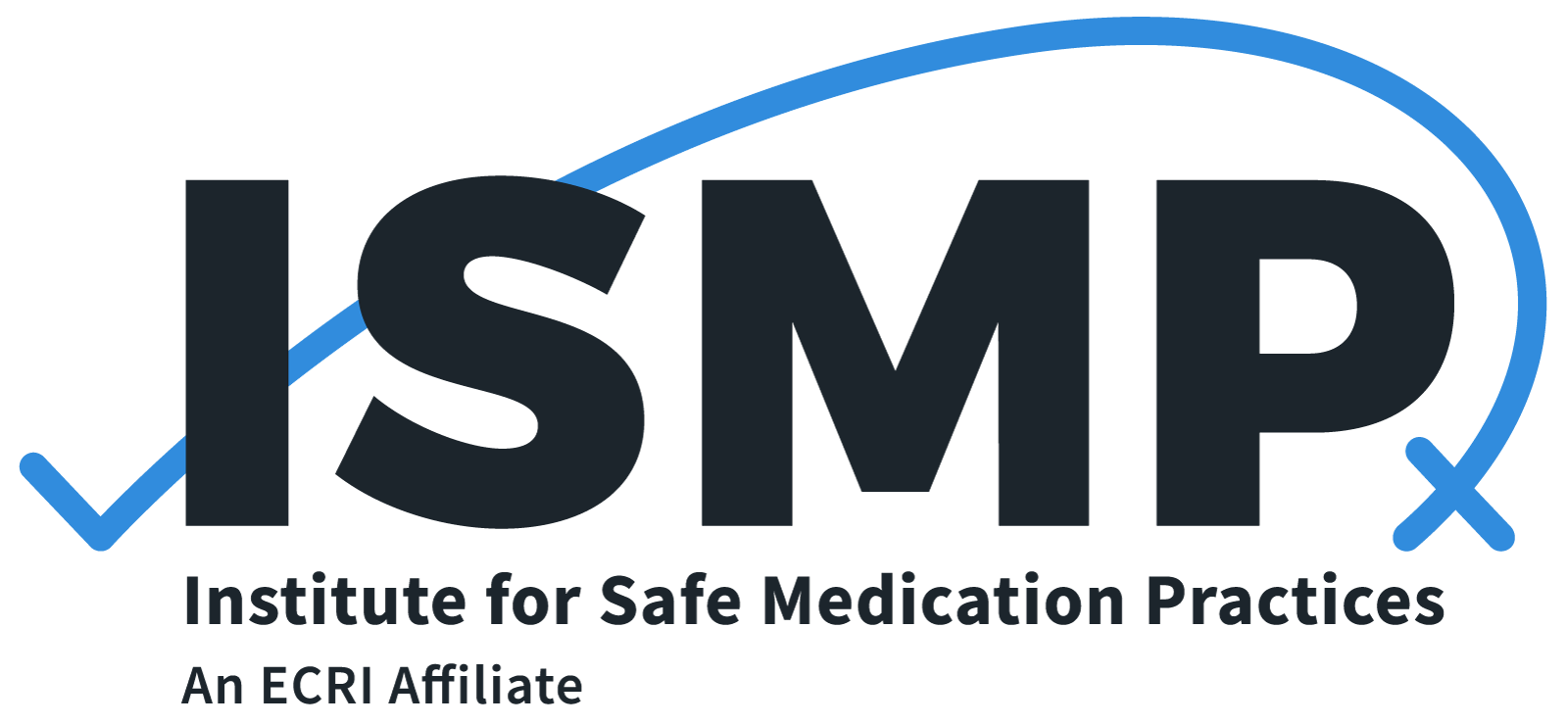The Institute for Safe Medication Practices (ISMP) is alerting the healthcare community about potential safety issues with critical care drug products being introduced in the U.S. to ease shortages due to the COVID-19 pandemic. Practitioners should be prepared to take extra precautions with vials of neuromuscular blocking agents without the usual “Warning: Paralyzing Agent” statement required on vial caps and a propofol product that has double the concentration of what is available in the U.S.
The Food and Drug Administration (FDA) has allowed temporary manufacture of some neuromuscular blocking agents without the required vial cap warning, which may make them look more like other medications in similar size vials and cap colors. Neuromuscular blocking agents are considered high-alert medications because of their well-documented history of causing catastrophic injuries or death when used in error. ISMP believes awareness about the absence of the usual warning statement is critically important, as well as safe handling.
These products may be stocked in locations outside of the operating area and intensive care units, so it is important for hospitals and health systems to examine areas where they might be stored, determine the likelihood of product confusion/mix-ups, and educate clinical staff. ISMP also recommends that organizations immediately affix an auxiliary label noting “Warning: Paralyzing Agent” on the vial caps. For more ISMP safety recommendations regarding neuromuscular blockers without vial cap warnings, click here.
This month, U.S. marketing of an overseas propofol product, PROPOVEN 2%, is scheduled to begin under an emergency use authorization (EUA) that limits use to maintaining sedation in patients requiring ventilation in an intensive care unit during the COVID-19 pandemic. Propoven 2% contains the same active ingredient as FDA-approved DIPRIVAN, however, Propoven 2% contains double the propofol concentration (20 mg/mL vs 10 mg/mL). The fact that it is double the usual concentration may lead to overdoses if practitioners are unaware.
ISMP recommends that Propoven 2% be carefully reviewed by an interdisciplinary committee including pharmacy, nursing, medical, anesthesia, critical care, and ambulatory care representatives prior to use. All critical care prescribers, nurses working in critical care units, and anesthesia providers should be alerted to the double concentration. Warning stickers about the concentration should be applied immediately upon receipt of the product in the pharmacy so that each container is labeled prior to storage and distribution. Updates to electronic drug databases as well as smart infusion pump drug libraries also will be necessary, as typical infusion rates for propofol 1% will need to be halved with Propoven 2%. For additional ISMP safety recommendations as well as a wall chart that compares Propoven 2% to Diprivan, click here.
